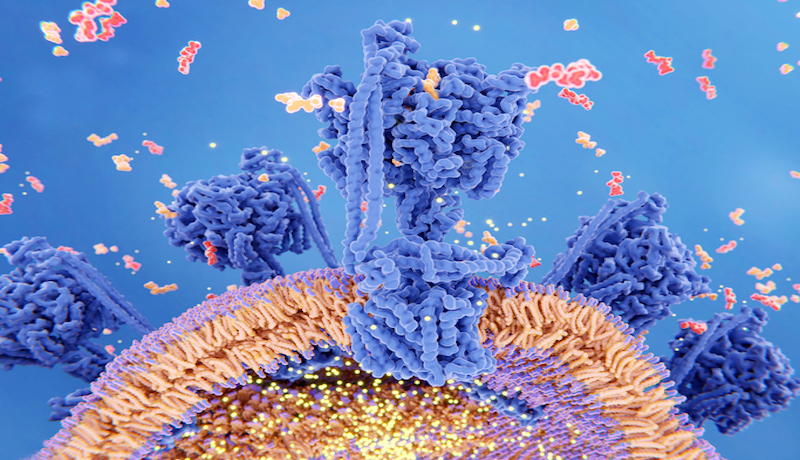Mindd International Forum, 23-24 March (Live in Sydney, Australia and Livestreaming globally) At the 2019 Mindd Forum, there will be a particular focus on mitochondrial health. The special guest speakers Dr Nancy O’Hara, Dr Elizabeth Mumper and Dr Robert Naviaux, are highly knowledgeable in this area and will be revealing clinical insights to improve the health of all patients at a cellular level. Decades of evidence indicates that those who suffer from Alzheimer’s Disease (AD) have differing mitochondria than those who do not. The research shows not only structural differences but also functional disparities. The current point of focus is to assess whether and how mitochondria may drive and mediate a variety of pathologies related to Alzheimer’s Disease (AD), to determine whether such a focus would be a valid therapy to the disease. As the second most common cause of death in Australia after Heart Disease (the fifth most common in the world), there is an increasing need for awareness and education surrounding AD and preventative methods. Alzheimer’s Disease is best described as a degenerative neurological disorder caused by damage to nerve cells resulting in changes to the brain and brain tissue. Abnormal deposits of proteins form amyloid plaques, and nerve fibres become tangled throughout the brain. As a result, healthy neurons stop functioning and this causes the cells to die. More neurons become damaged as the disease progresses and tissue located in the brain shrinks significantly. Mitochondria are organelles located in a compartment within the cell. They are mostly responsible for processing food, combined with the oxygen, to generate energy known as adenosine triphosphate (ATP). This energy is then used to facilitate all the biological processes required to sustain human life such as the proper functioning of organs. If there is an issue with the generation of energy from mitochondria, cell injury and even cell death may follow. The organs that require the most significant amounts of energy to function such as the heart, brain, kidneys and liver are most affected. For a more detailed description of the role of mitochondria see ‘Mitochondrial Health at a Glance’. Altered mitochondrial function has surfaced as one of the most plausible hypotheses related to the aetiology and pathogenesis of AD since mitochondria are implicated in cell survival and cell death pathways. Biochemical, molecular, animal, clinical and epidemiological research supports the idea that mitochondrial damage and oxidative stress are involved in the pathogenesis of AD. Mitochondria are crucial for the preservation of membrane integrity, neurotransmission and synaptic plasticity. Considering that neurons have complex activity requiring a constant supply of energy and oxygen to survive, it comes as no surprise that tissue involved in the process of producing that energy can alter the activity of neuronal cells. Not only that, mitochondrial function declines during ageing and ageing is the most predominantly known risk factor for AD. Read more on what causes mitochondrial dysfunction and their role in common health conditions: Mitochondrial Health at a Glance. Reference list:
Certified practitioners who pass the assessment will be listed at mindd.org. A certificate of completion will be provided for CPD applications.What is Alzheimer’s Disease?
What are Mitochondria?
What is the Link Between Mitochondria and Alzheimer’s Disease?
Further reading on how to look after mitochondria…
For more information on the Forum or to register (Live or Livestream) visit the Forum Speakers and Program page…
- -
- Date: January 23, 2019







